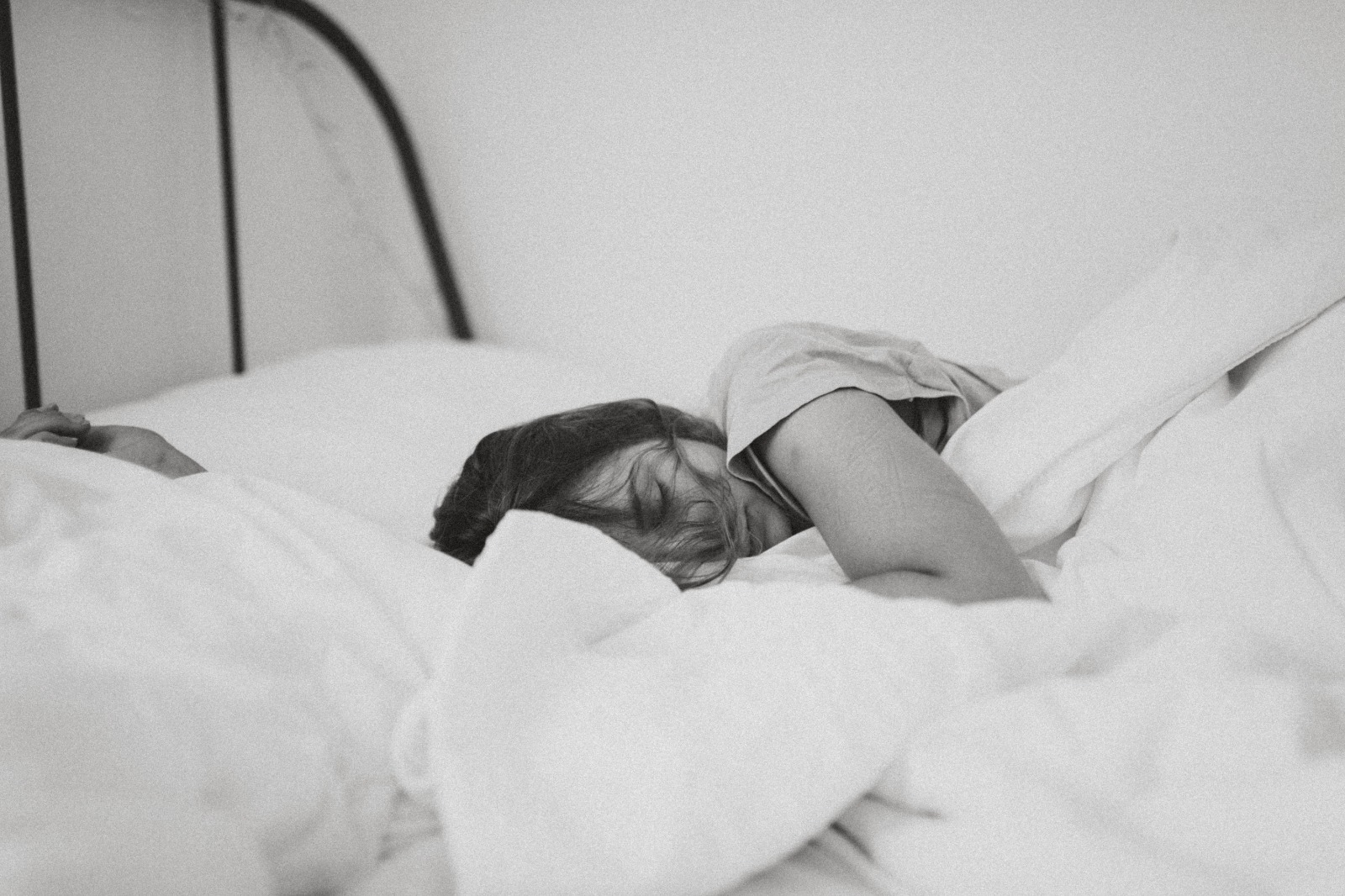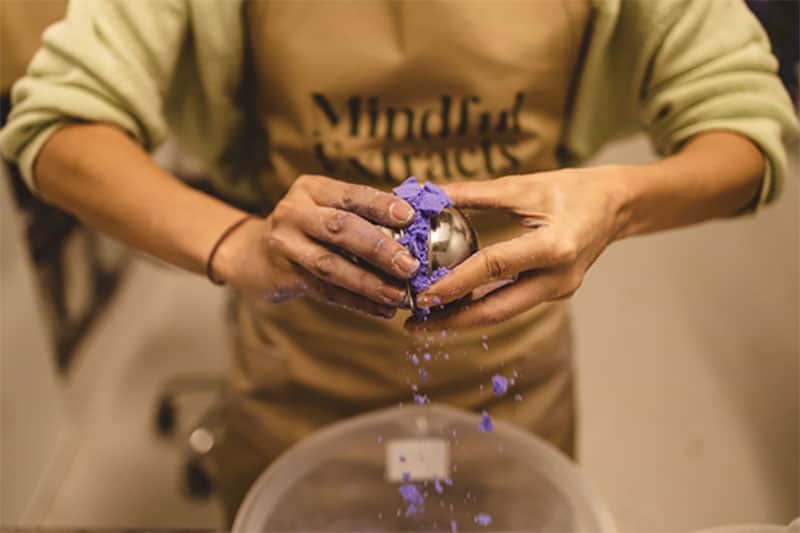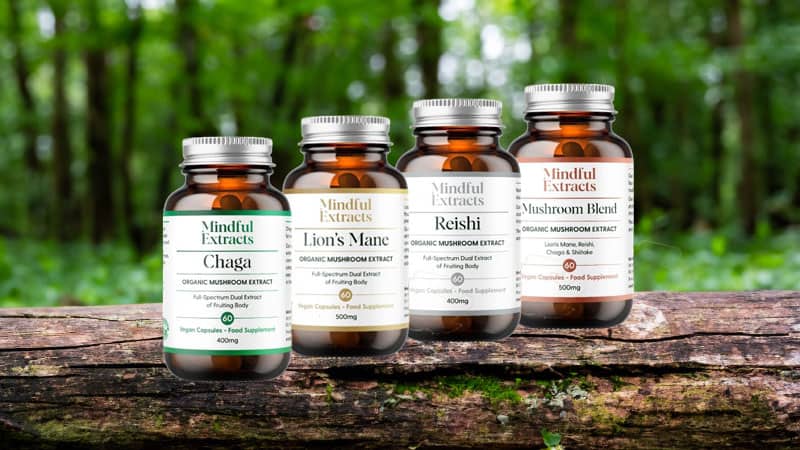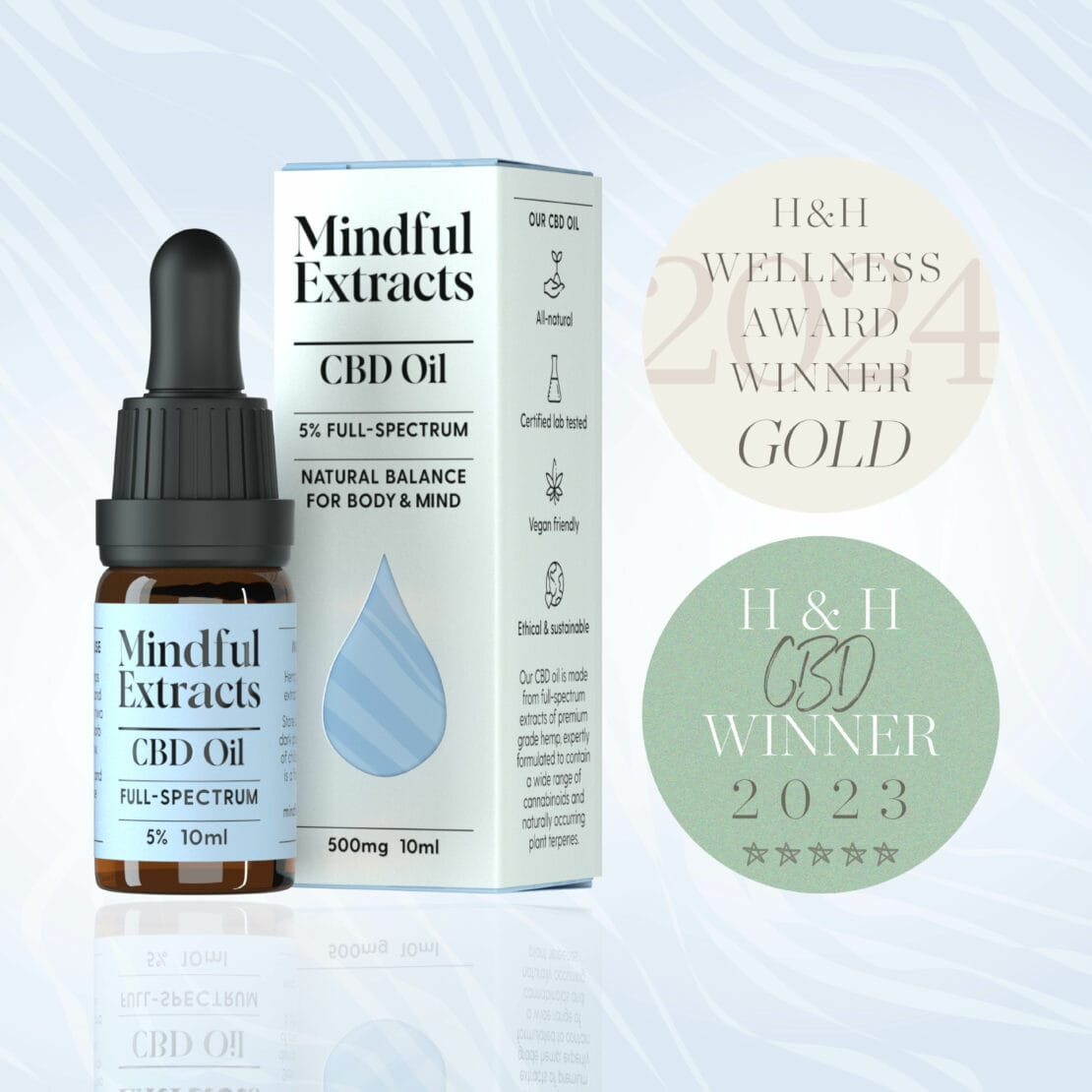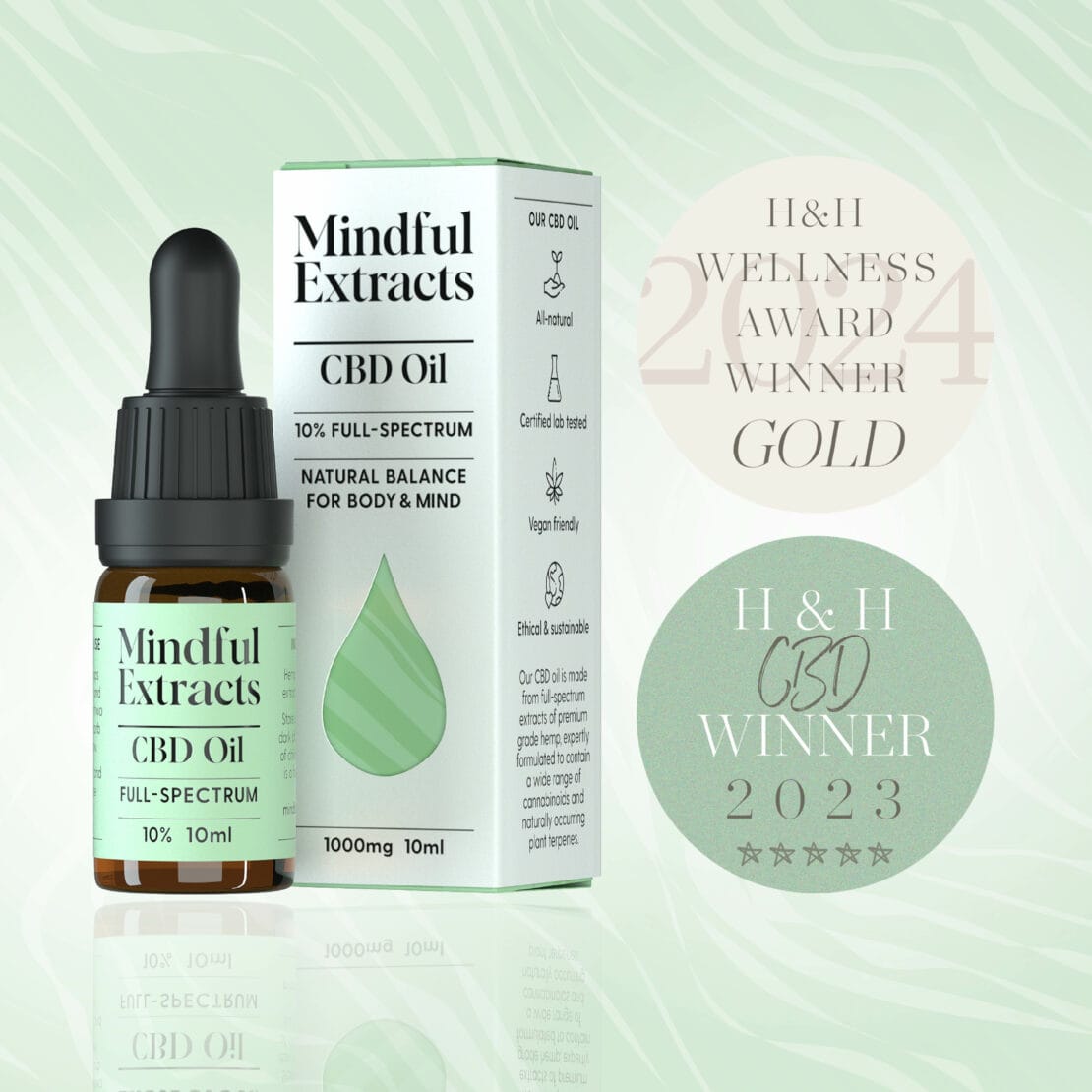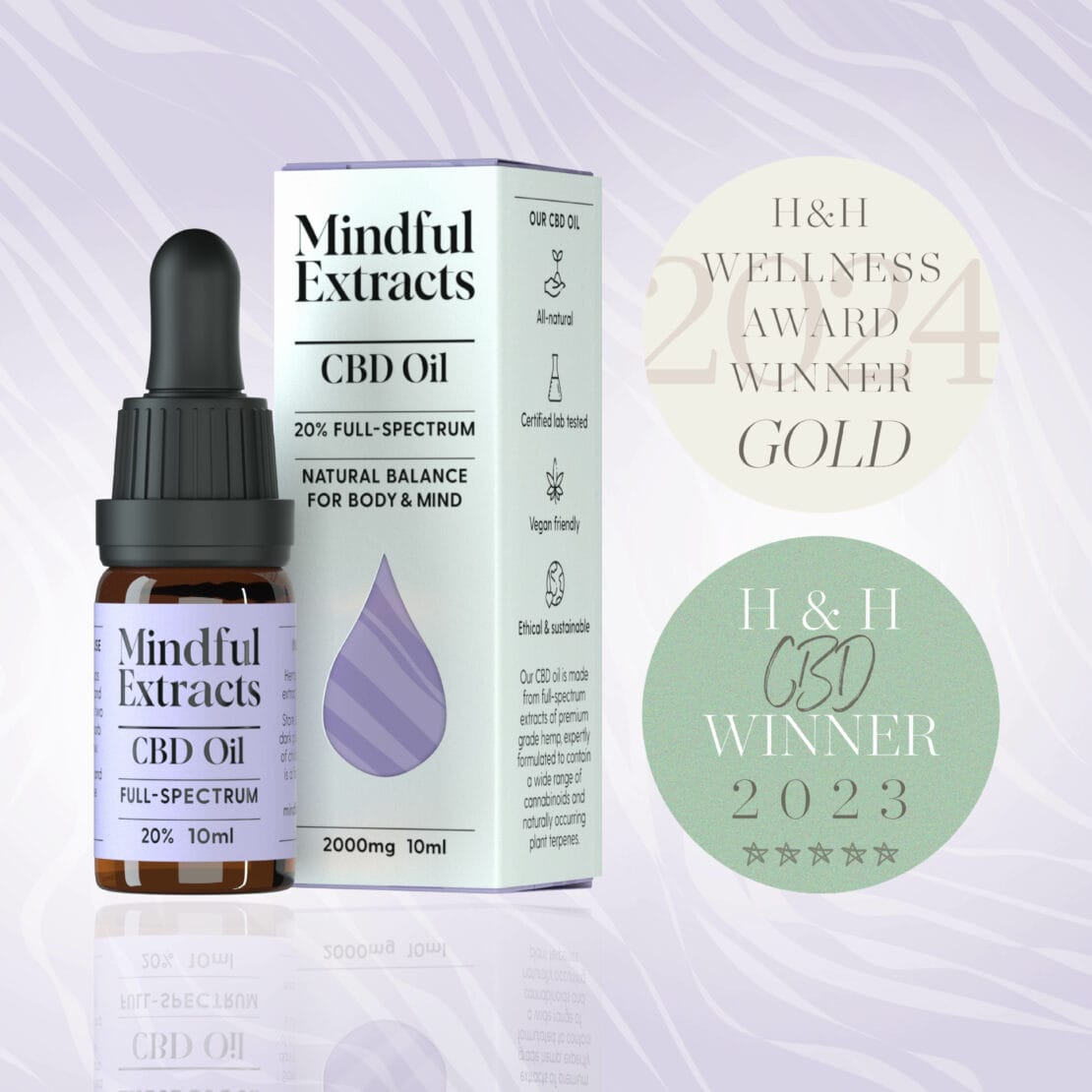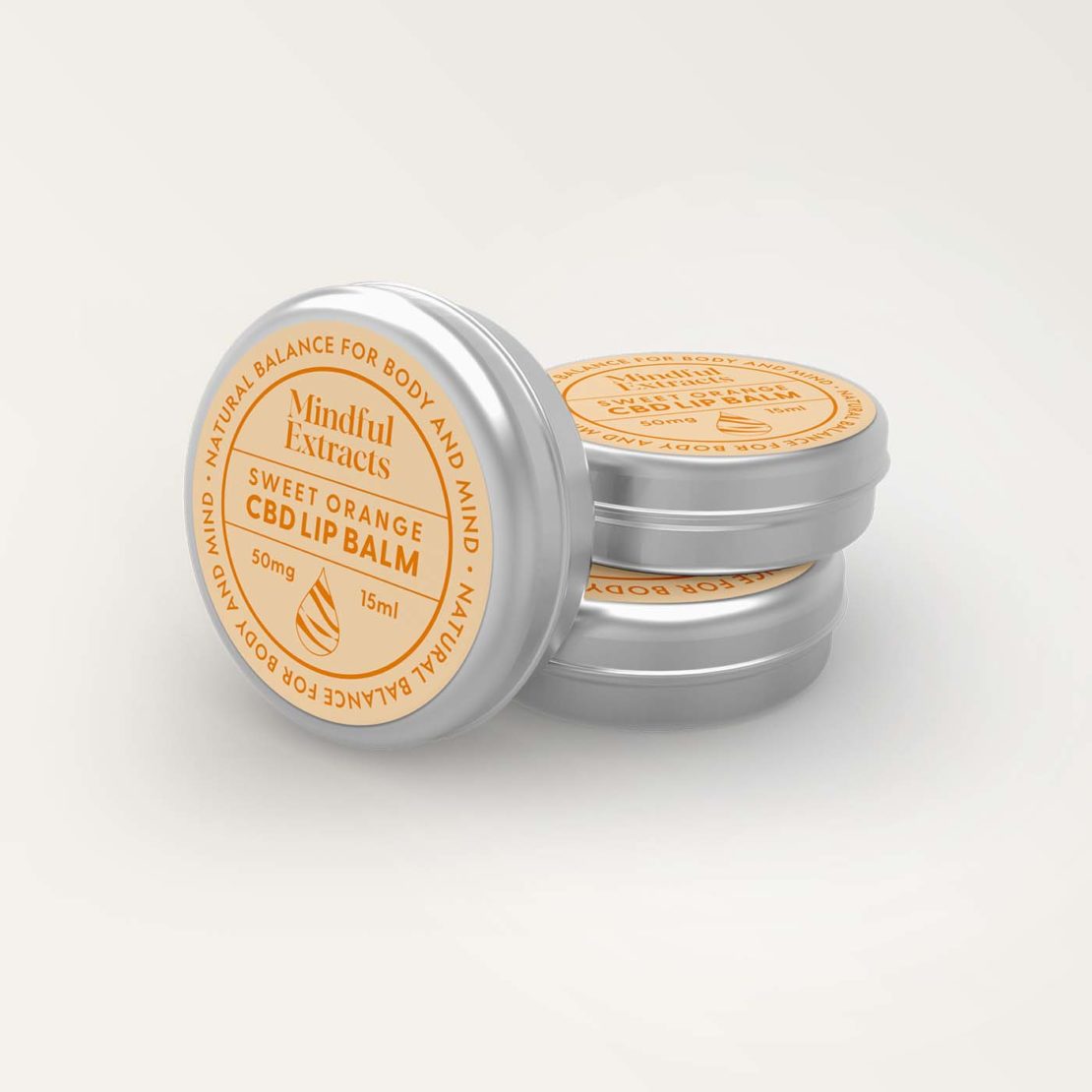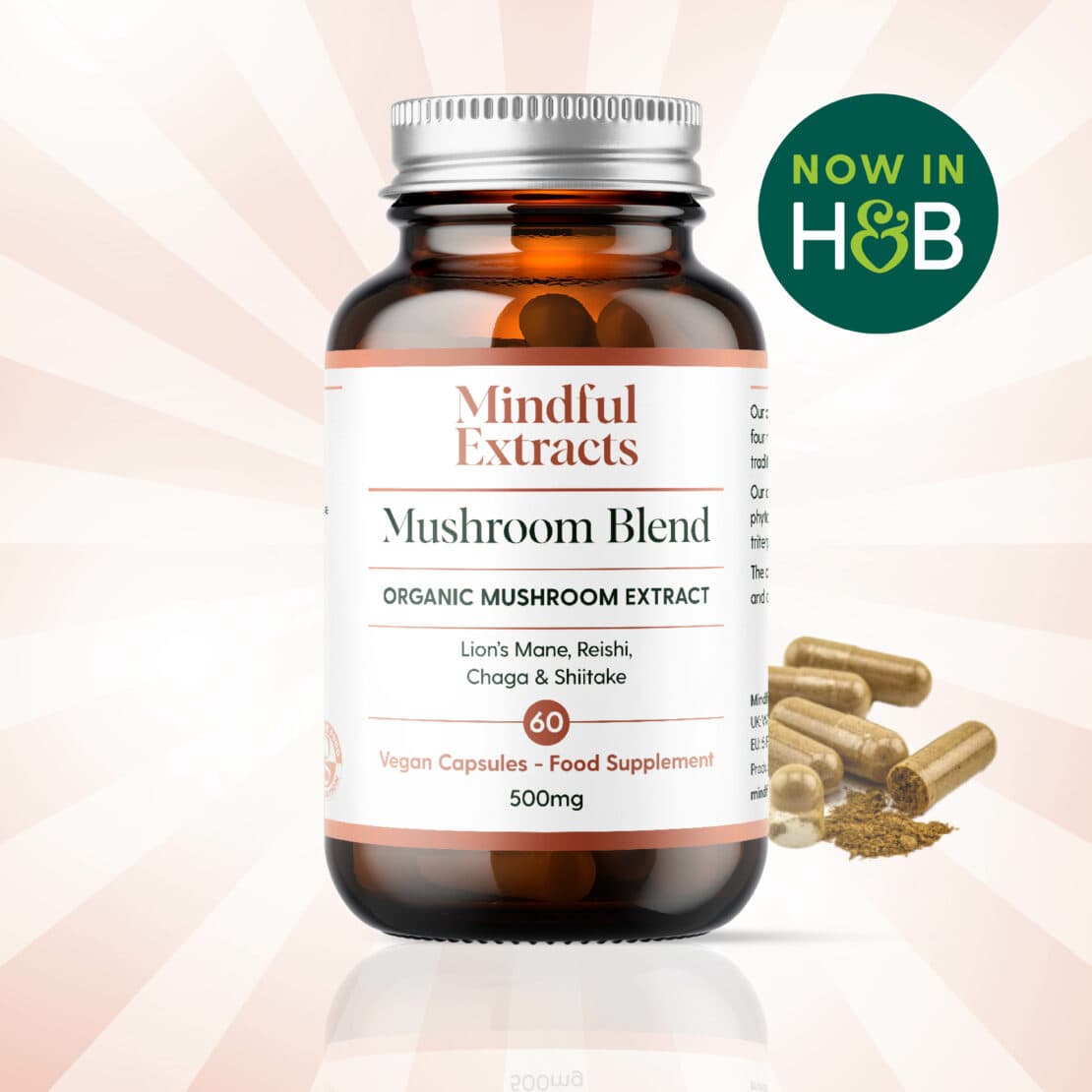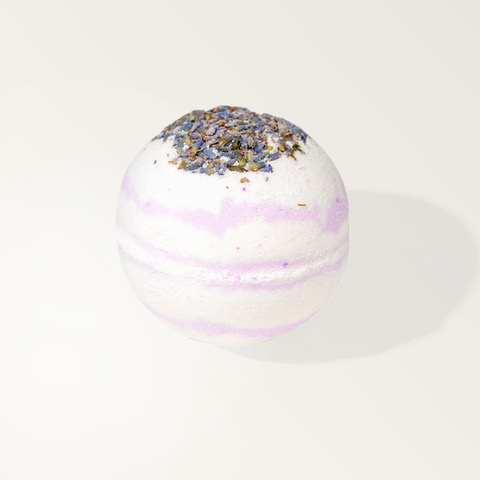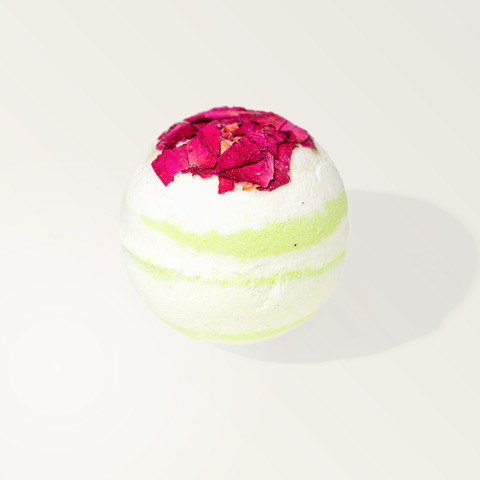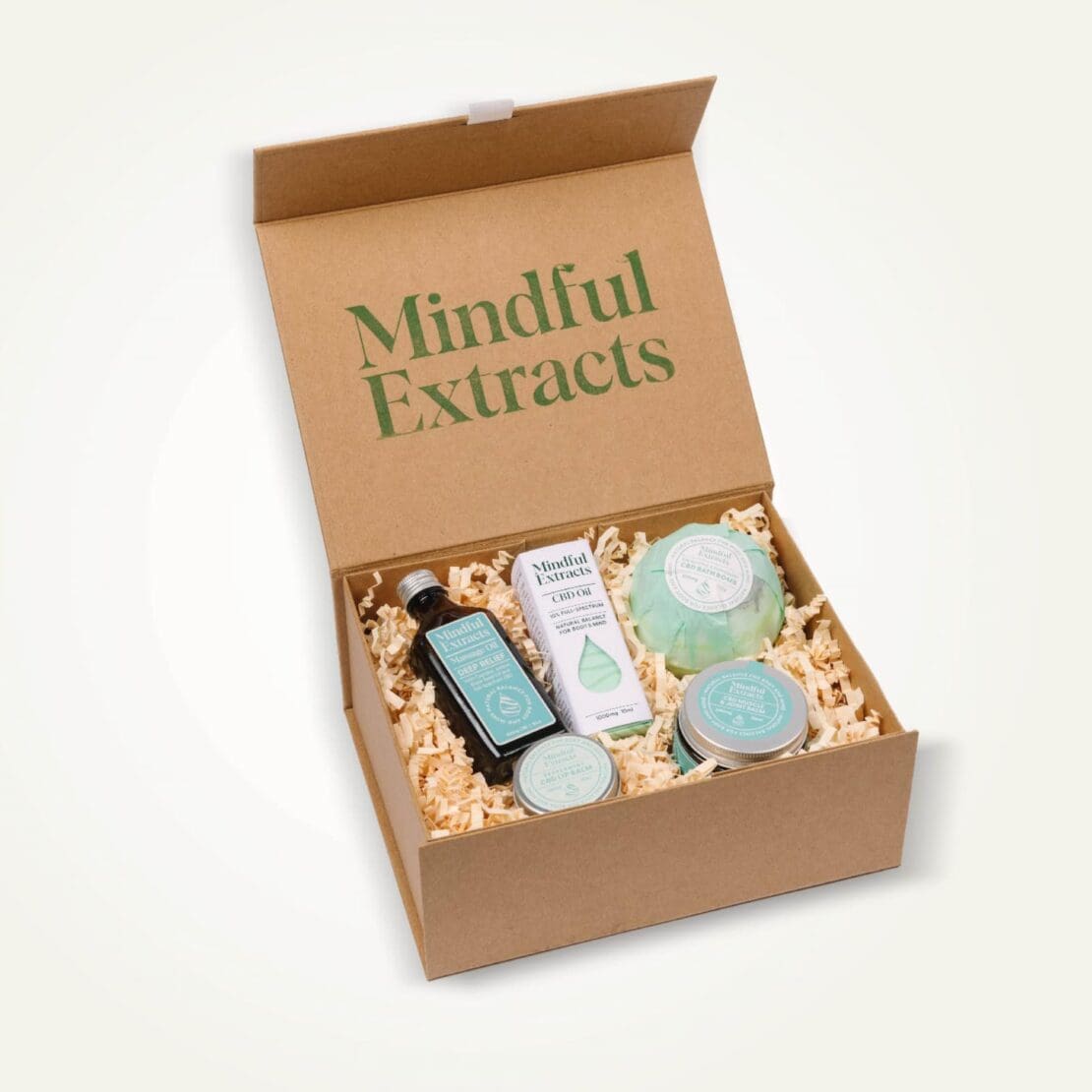An incredible two-thirds of adults worldwide do not get the recommended eight hours sleep a night, yet it is one of the cornerstones of our biological requirements – up there with breathing, eating and drinking.
The consequences of not getting enough sleep are stark; getting less than six hours a night increases your chances of heart disease by up to 300% and cancer by up to 40%; gastrointestinal issues can be caused by increased cortisol levels which encourage bad bacteria to grow in the gut, and there’s an increased risk of diabetes and numerous other health issues. Then there’s the effect on our mental health; concentration, learning and memory drastically reduces after a bad night’s sleep and we’ve probably all experienced irritability and low mood.
Living your best life entails a balanced approach to your well-being and a good quality night’s sleep is essential. Here’s a few simple steps you can take to improve your sleep, and hopefully reap the benefits in other areas of your day to day life as well.
How much sleep do I need?
There is no simple answer to this, but it is generally accepted by healthcare professionals that adults need between seven and nine hours per night.
There are variables to take into consideration such as, if your work requirements dictate strange sleep patterns, the amount of activity you do each day or even any underlying health conditions. In some situations you may feel like you need more sleep than recommended, in which case it is best to be kind to yourself and listen to your body. If you feel you are constantly tired then there may be other factors at play, and it could be worth seeking medical advice.
The most important thing is not so much the amount of sleep, but the quality of sleep you get. A solid six hours of deep sleep will definitely be better than eight hours of tossing and turning!
How to get the best night’s sleep?
Here are some really simple changes you can put in place, ensuring you get the best night’s sleep possible and keep those worries of insomnia at bay.
1. Make your bedroom your haven – Make sure your bed is comfy and there aren’t any distractions – aim to keep your bed for sleep only. If you want to watch TV, keep it for the living room. Make sure the environment is dark (night-blocking curtains or eye masks can help) and keep it clean and tidy. Take pride in your room, it is your place to re-energise.
Now that we find ourselves working from home a lot more, try not to work from your bed. If there isn’t an alternative option then set a time to start and finish, and make sure there is a transition from office to bedroom. Give yourself some time to get out of the room in between your work hours and going to bed.
2. Have a ritual – A ritual focused on going to sleep can really help you focus your mind and relax. You can incorporate music, candles, reading, stretching, folding your clothes, washing up… anything you feel will help you relax. Keeping to the same routine will help your body start expecting sleep at the same time each night, making it easier to drift off. Of course, this isn’t always possible, but when it is, it is best to keep a fairly tight schedule around bedtime.
It is also useful to have this same practice for getting up in the morning – a routine can be a lovely way of preparing yourself for the day. It doesn’t need to be boring, and it doesn’t need to stay the same, you can keep it fresh and adapt to your current needs and interests.
Meditating, even for only for 10 minutes, will help clear the mind in order to relax and drift off when you get into bed. In the morning it lays the foundations for a productive and calm day dealing with any type of situation that may arise with ease.
3. Exercise – get outside, go for a walk, take the bike next time you are popping for tea with your friend, look into a new yoga routine or get your costume out and join the local swimming pool. However you choose to do it, exercising will boost natural sleep hormones such as melatonin ensuring you drift off sooner and into a deeper sleep. Try not to exercise less than two to three hours before bed though, as you will remain stimulated for a short while after and may have trouble nodding off.
4. Eating correctly – You can’t go to sleep hungry, but then again make sure you don’t head to bed when you are too full. Generally, aim to wait for at least a couple of hours after eating a big meal before going to sleep. You are much more likely to get indigestion and heartburn if you are lying down while your body is digesting a recently consumed meal. So it is really best to make sure you have eaten and digested well before getting tucked up.
5. Cut down on caffeine – Caffeine is a stimulant, it helps cognitive function and can keep you alert, but how much caffeine is too much caffeine and at what point will it start affecting your sleep? Being aware of how much you are having and when you are consuming it is very useful when looking at how to optimise your quality and length of sleep.
It is recommended that adults should not consume more than 400mg of caffeine a day, and 200mg in one sitting, otherwise this can have an effect on anxiety levels, restlessness and the ability to sleep. To give you an idea, a single shot of espresso will contain around 140mg of caffeine while a black tea would contain on average 50mg.
The half-life of caffeine is roughly six hours – this is how long it takes for your body to eliminate half of the caffeine you consume (some caffeine could stay in your system longer than this though). We recommend monitoring your caffeine intake, reducing if you feel it is too high, but more importantly taking note of when you have your last hit of caffeine and then how you sleep. With a bit of trial and error, you will be able to optimise your intake, so you can still reap the benefits of caffeine whilst getting those quality forty winks!
6. Reduce screen time – We’re all guilty of checking our phones before we go to bed, but it has been scientifically proven to interrupt a good night’s sleep. The simple change of keeping phones and other screens away from the bed (or even better, turning them off an hour before going to sleep) can often make a significant difference to your quality of sleep. Make this part of your bedtime ritual!
7. Supplements – Mindful Extracts’ supplements may help with drifting off to sleep and also increase the chances of staying asleep through the night. Unlike many other sleep supplements, you won’t feel groggy in the morning and you will wake up feeling fresh and ready to attack the day.
In summary, sleep is one of the most important aspects of our life and well-being, there are a number of simple things that we can do that will improve our quality of sleep. Take the time to focus on improving your sleep and watch as your daily quality of life starts improving.
 Free Delivery on all orders over £40
Free Delivery on all orders over £40 
